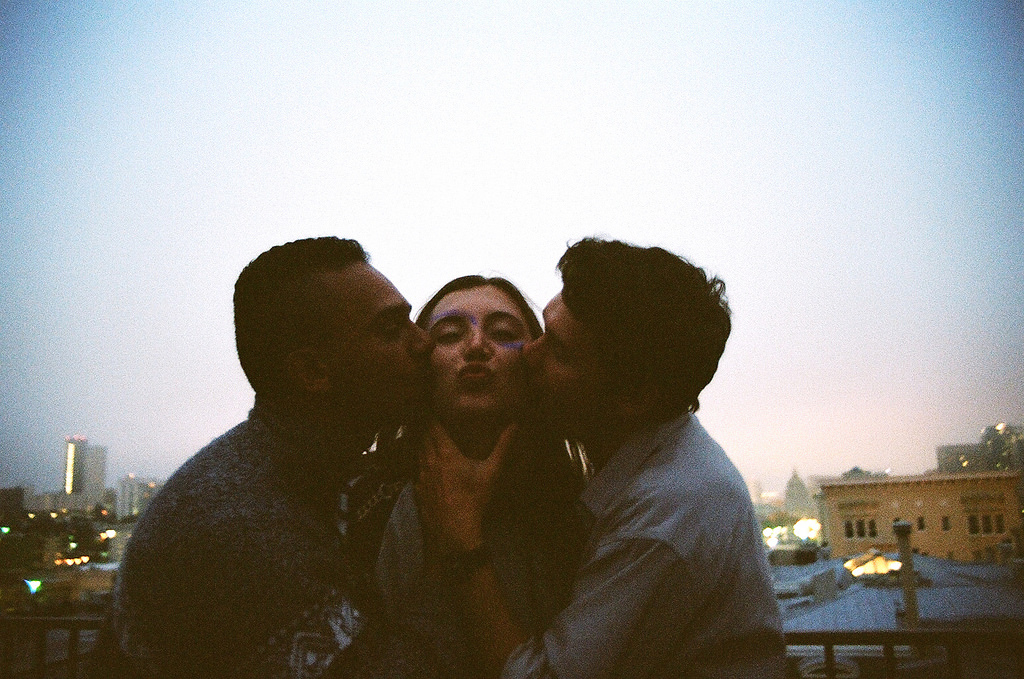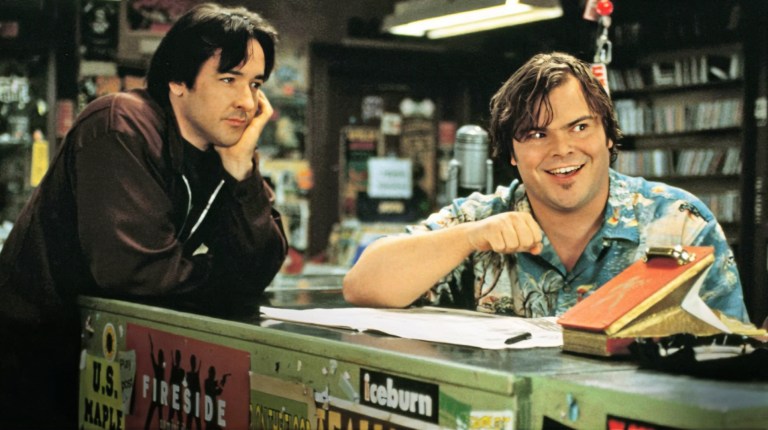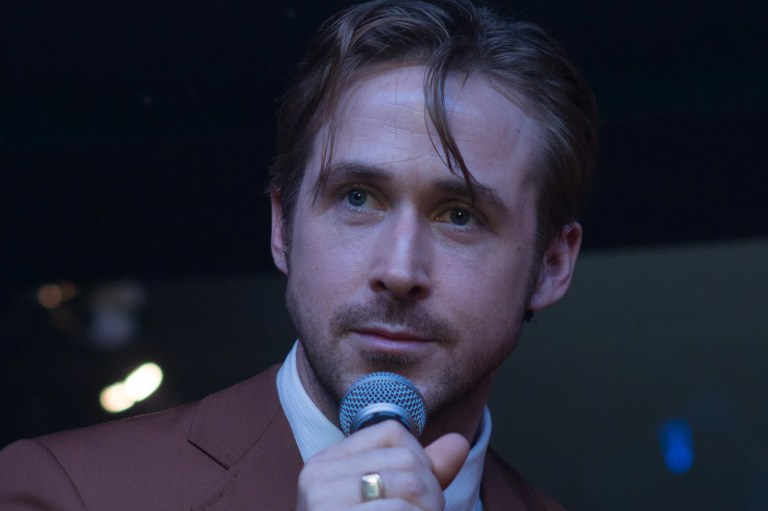
You Should Love Like A Teenager
Teenagers connect famous love poems and stories to their own lives because they feel things that grandly. They do not belittle their emotions.
By Katie Ray

So often we dismiss the feelings and emotions of teenagers, often with a slight nostalgia and a shake of the head. “Puppy love” is how we label their feelings of attraction and connection to another young human being. We may comment on how sweet it is or pat their shoulders while they cry, encouraging them that they “just don’t understand yet,” and that they’ll have “real love” one day. Their limited life experience doesn’t give them enough world wisdom to know the difference between love and infatuation.
As a high school teacher, I see “young love” every day and ride the high and low roller coaster of these chaotic relationships as my students’ moods shift daily in relation to their latest love life drama. I empathize with the overwhelming excitement and confusion from my own days in teenagedom, and yet I find myself knowing they’ll be fine because, well, they are just kids. But I do believe that what they feel feels real – so therefore…is it?
They know love according to them. Stupid, senseless, often rebellious love – aren’t we glad that’s all behind us? By now we’ve learned a lot more about what we want – and don’t want – in a lasting relationship. But don’t write those kids off just yet. Maybe we should remember to love a little more like teenagers.
Hope
Yes, teenagers can be extremely cynical about life. The world has already turned its back on them. But when you get a 15-year-old to talk about their boyfriend or girlfriend, they are eternally optimistic. Their future together is assumed. I’ve read countless journal entries of students’ idealistic notions of doing everything the world has to offer with this other person: travel, college, marriage, a family. Will it realistically happen? Most likely not.
But to watch their eyes light up, naive though they may be, as they dream out loud about another person is heartwarming. They don’t doubt themselves or their significant other. They don’t worry about what bumps will throw them off course or just assume it won’t work out yet again. To go into a relationship with that kind of hope and eagerness, that electricity of positivity, sure would be a welcome shift from the worry and automatic bracing yourself for what may (or may not) go wrong.
Excitement
There is no giddiness like that of a young boy or girl in love for the first time. The freedom that comes with adulthood is being able to go out with our significant other, stay over if we feel like it, and simply spend time with them when we please. There is no need to sneak around or beg for a later curfew; it becomes a given that we’ll see them, and they slowly become a part of our daily lives and routines. Kids don’t take a moment with their other half for granted; I have one boy who will walk all the way across the building after each period just to hold hands and walk his girlfriend to her next class. He goes out of his way, every day, to spend those extra few minutes with her. Whether it’s touching elbows as they study in the library, lacing fingers together as they walk to the cafeteria, or bumbling through the weird world of “firsts,” teenagers don’t minimize their feelings about someone.
They revel in the moments they get together because that exciting newness and attraction really is something to be admired and felt completely. The feelings and experiences are all so new and thrilling that they are constantly on Cloud Nine. Falling in love is the best feeling in the world and any second with that other person should be looked forward to with eagerness.
Passion
They suck face in the hallway, in the stairwell, in the bathrooms, on school buses. Kids make out EVERYWHERE. So there’s that (literally gross display of) passion. But there’s also the fire of excitement, simply at being in a relationship with this other person. Kids will do the corniest things: doodle love song lyrics on their binders, write (awful) sonnets to their significant other in English class, and get in actual fistfights over insults or catcalls. Any of these things would be written off in adulthood as absurd or “crazy,” and, sure, controlling our savage sides is what makes us civilized, but think about the drive behind those actions.
It’s passion. White hot, hormones-on-a-rampage passion. Many students are quieter about it, aware of the sappy stigma, but they’ll write about it. They will write PAGES about how they just know their significant other is “The One” or about how amazing they feel around this other person. Life exists to see them, to walk them to class, to ask them to Prom. So silly to us grownups, right? We have self-control and are realistic.
But what if we loved a bit more boldly and let those emotions take the reins, just once? Completely feel our hearts without concern that it’s “too much” or “too sappy”? Teenagers connect famous love poems and stories to their own lives because they feel things that grandly. They do not belittle their emotions. They scream at each other and act as if the world is ending when they fight. Tempers flare and extreme instincts take hold of them. There is no lukewarm. They are burning and alive for that one other person in the world. Nothing matters more to them.
Reckless Abandon
Part of what we regard as the thoughtless behavior of teenagers is the feeling of invincibility that accompanies adolescence. It’s an interesting juxtaposition between the massive insecurities of puberty and the self-assurance of first love. Students throw themselves into these relationships despite expectations or rules – sometimes in spite of these things – and fall hard. They open themselves up completely and are willing to take what we deem as wild risks. Already raging hormones are emphasized by short-sighted, desire-driven choices. They are labeled as irresponsible and careless because they have no worry about consequences. This comes with the lack of experience of negative effects, but it also comes with simply caring about nothing else quite as much as that other person. Their selfishness puts their own wants and emotions at the center of the universe, and that love drives them, regardless of who it affects.
As adults we learn to behave modestly and to consider how our choices affect the long-term. We have concerns and put up walls; we guard our hearts and are slow to trust. We compare life goals and expectations before seriously delving into a relationship. It makes sense; responsibility is necessary to a healthy community and developing reservations is a natural part of self-preservation. But what if we’d never had our hearts broken before? What if, just once, we didn’t do something – feel something – in reasonable moderation? What if we loved without abandon? ![]()











